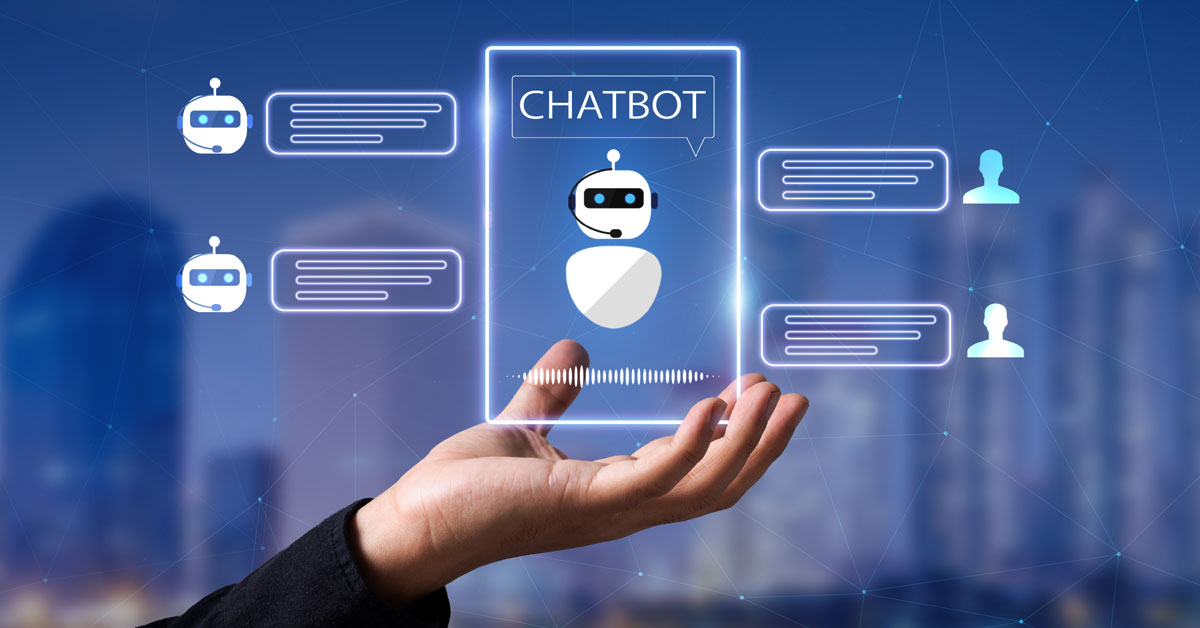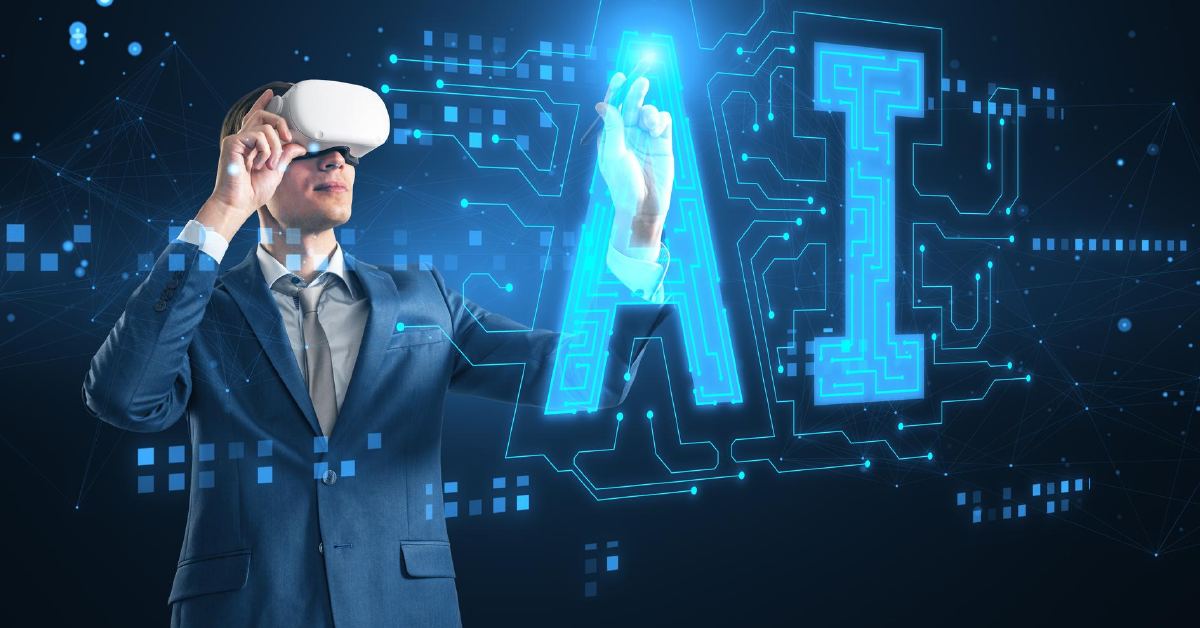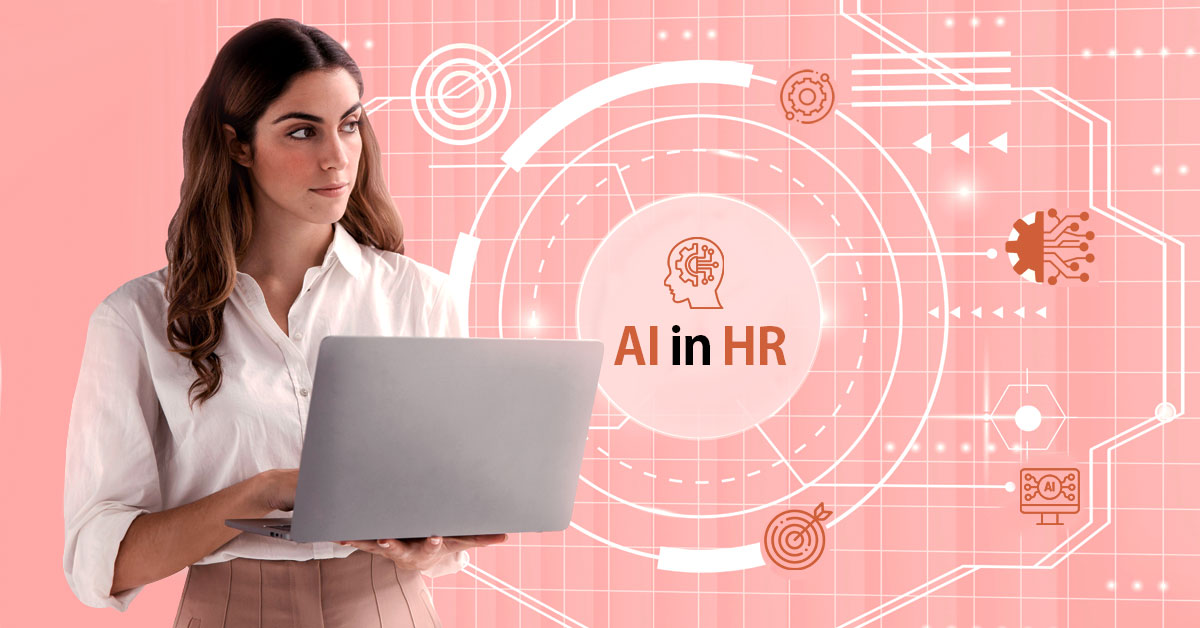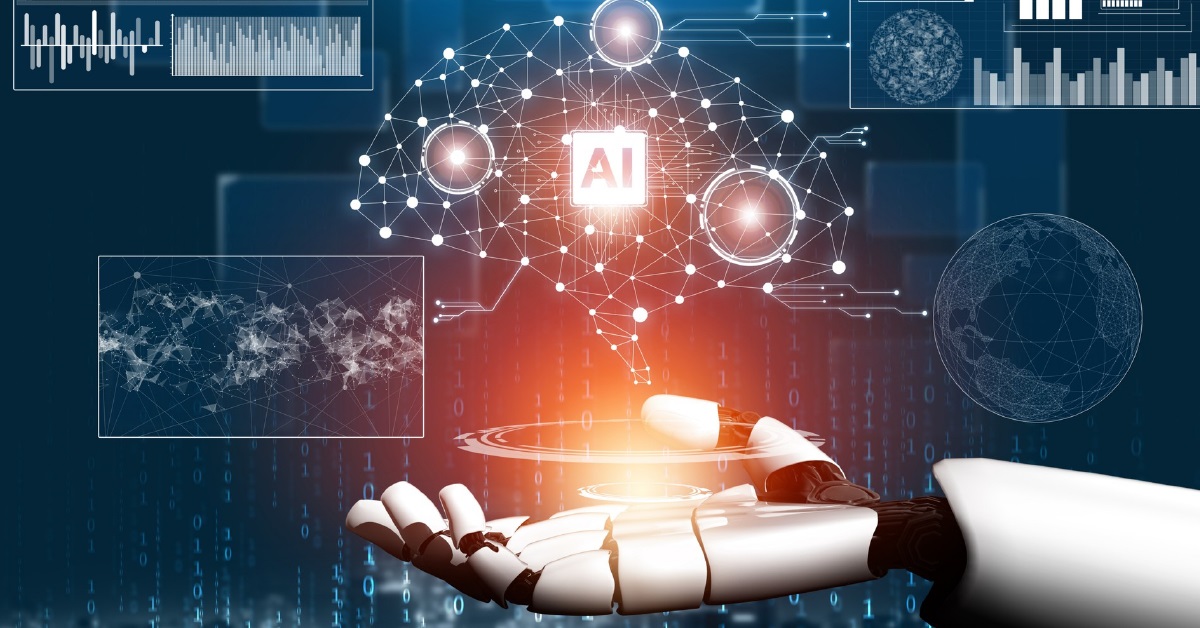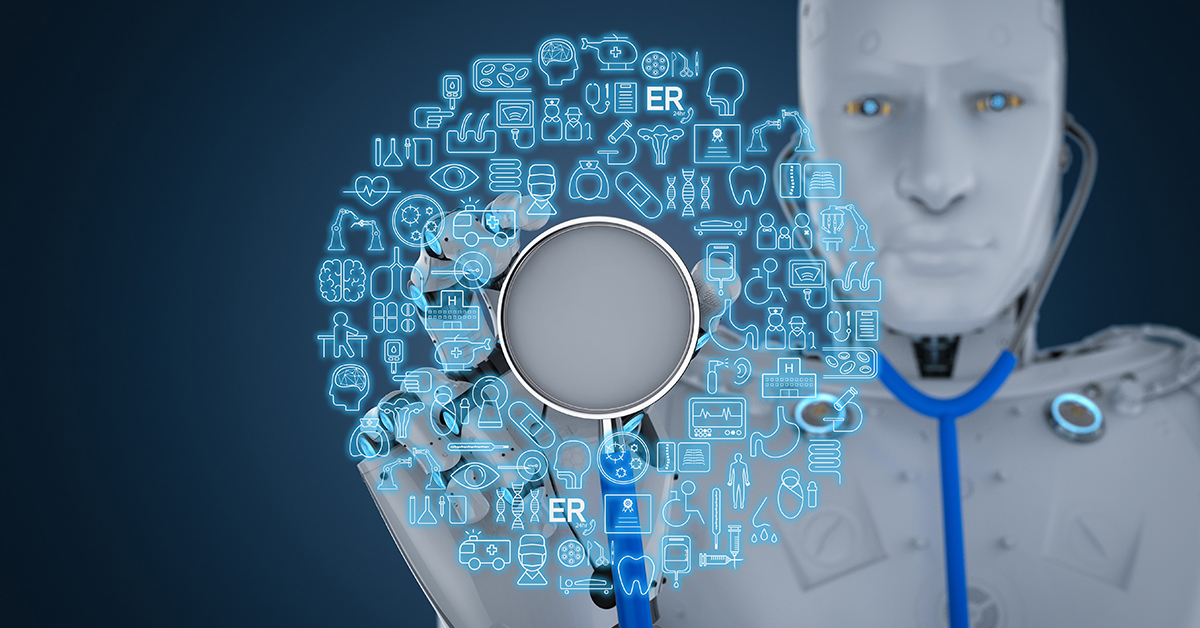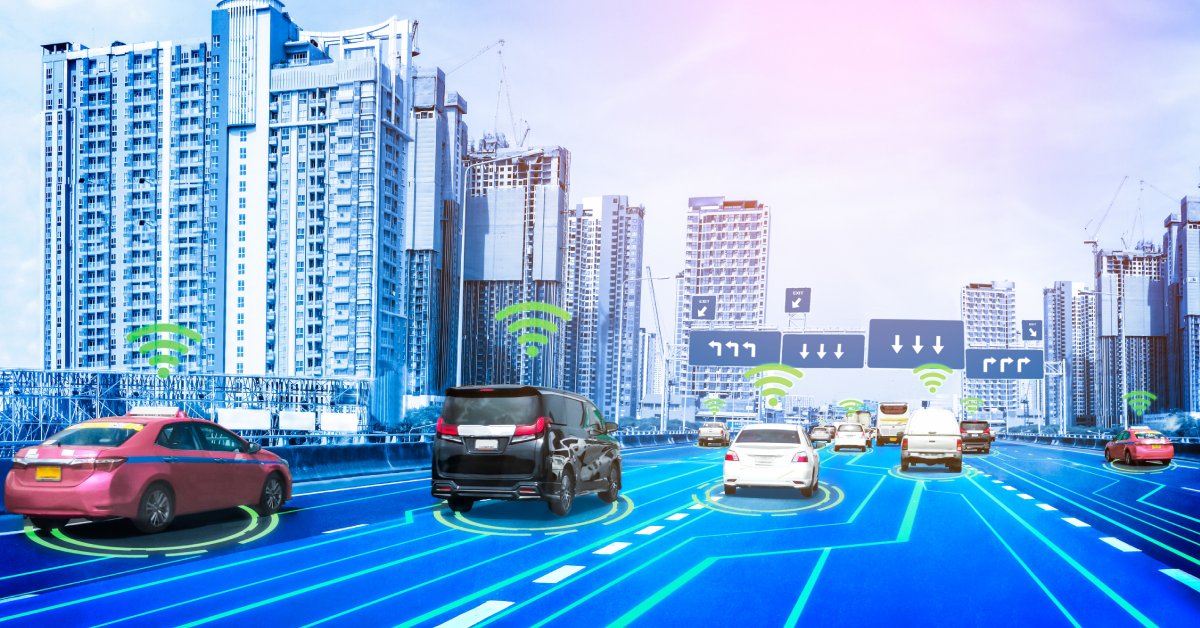AI Innovations in Hospitality: Enhancing Guest Interaction and Service Efficiency
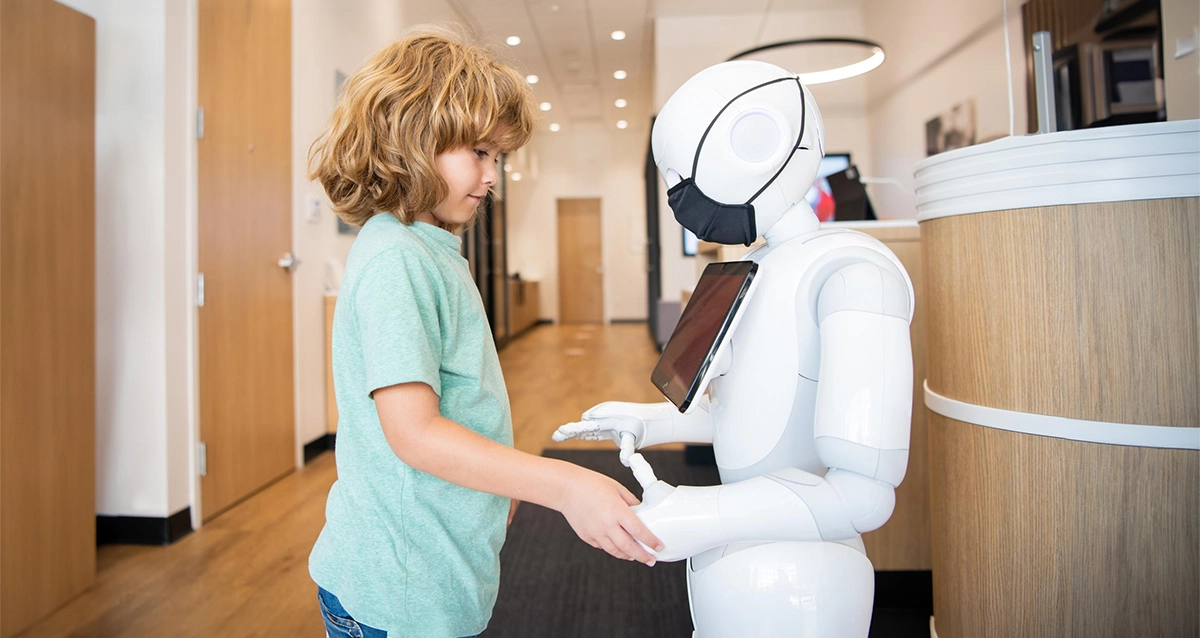
5 min read
Imagine receiving personalized activity suggestions the moment you check in, curated from your previous preferences and behaviors. Sounds interesting, isn’t it?
The hospitality industry has been searching for ways to make use of AI hospitality solutions and improve guests’ experience. This is because AI has allowed hotels and resorts to reduce costs and increase the quality of their service to customers. Smart technology will be significant in the progressing years of AI development services, and the hospitality industry will require it for a competitive edge. If you want to find out how, keep following along!
Can AI be Leveraged to Enrich Guest Experience in Hotels?
Well, that is true! The hospitality industry has already been using AI technology more often to enhance the guest experience and overall service efficiency to make the industry’s processes more productive.
Text-based chatbots and virtual assistants are effective in engaging friendly and polite guests to book reservations, answering frequently asked questions, recommending meals and services, and even handling complaints. Meanwhile, AI hospitality solutions empowered by big data look for customers’ tendencies, needs, and preferences for the staff to provide additional services.
For instance, if data analytics indicates that a guest tends to require additional towels, it is easy for the system to signal housekeeping to provide additional towels. AI also contributes to streamlining its operations, hiring staff, and managing energy consumption based on the predicted number of guests and their flow.
Using artificial intelligence in business means that guests receive highly personalized services, customer experience is improved, and issues that affect guests are solved effectively and with efficiency reducing waste. Although it does not entirely replace human service delivery, it increases the efficiency of the human element in the hotel by allowing the staff to concentrate on the interactions with the guests.
What AI Advancements Apply to the Hospitality Industry?
Uses of smart AI technology in hospitality include but are not limited to; chatbots and recommendation systems to enable guests to have an optimal experience and to optimize operations. Here, we will discuss the five leading areas of AI utilization in the hospitality industry and give examples of AI implementation in this sphere.
1. Chatbots
With NLP integrated into the chatbot, the guest’s questions can be answered promptly and individually, at any time of the day. This enhances communication and, at the same time, brings about the efficient use of a company’s human resources.
2. Recommendation Systems
Machine learning algorithms work to determine guest preferences and potential behavior to deliver targeted suggestions on facilities, travel destinations, dining places, and other aspects. This makes it possible to design the guests or the visitors uniquely.
3. Food Waste Reduction
By integrating smart AI tools, food demand can be predicted, current stock can be carefully monitored, and the right decision regarding a price change can be made to avoid any wastage. This is more sustainable as a way of doing business.
4. Predictive Maintenance
AI can assist by always keeping tabs on appliances that will enable it to identify anomalies and even predict possible failures and recommend appropriate maintenance. This helps in reducing the time when the machines are down for repair.
5. Health and Safety Enhancement
AI cameras, sensors, and audits may be useful in the identification of potential dangers and hazards, improving pool safety, and compliance with regulatory requirements. This minimizes the risks while ensuring guest safety.
AI in Hospitality Sector: Five Most Successful Case Studies
From virtual concierges to smart room controls and demand forecasting software – smart AI technology is rapidly disrupting hospitality. It is notable that while hotels and resorts are trying to introduce new technologies in the guest experience, the following case studies prove that AI can dramatically enhance the guest experience and boost the hotel‘s revenues.
1. Marriott International
Marriott Hotels used artificial intelligence in chatbots to help answer frequently asked questions and address consumer inquiries. The bots provide information on its services such as reservations, payments, available services, and surrounding sightseeing spots. This relieves the hotel staff but ensures that the customer is catered for at all times.
2. Hyatt Hotels Corporation
Hyatt Hotels established machine learning algorithms to comparatively illustrate customer requirements and desires. Even before check-in, the ML models enhance the selection of rooms, promotions, and recommendations of related activities based on previous bookings, stays, and purchases of the loyalty members.
3. Hilton Hotels
Developed by Hilton, Connie communicates with the guests, informs them about the hotel services and the available events, directs guests to their desired destination, and also handles the check-in and check-out processes. This offers a more coherent and possibly customized customer experience, as opposed to the other way around.
4. InterContinental Hotels Group (IHG)
InterContinental Hotels Group created an intelligent chatbot to get bookings for meetings and events. The questions are designed to help identify the customer’s requirements for their event, and the system then comes up with service suggestions to meet these. This makes the group booking process smooth and seamless.
5. AccorHotels
AccorHotels released an AI-based voice recognition system for guest rooms. The guests can use voice commands to switch ON or OFF lights, control temperatures, and navigate through the television menu. It also includes details on the services offered by the hotel and travel tips and tricks depending on the guest – IoT smart rooms.
Are you prepared for advanced AI adoption to improve customer satisfaction in your hotel or resort? Pranathi Software Services provides AI software development services for the hospitality industry, Contact us for your chatbot or revenue management software solutions or any other hospitality AI software you need.
How Does AI Influence Ethics in the Hospitality Industry?
There is a growing use of artificial intelligence in business ranging from the virtual conversation with the customers to the computer-driven setting of room prices. This introduces new concepts of biases, privacy, transparency, and accountability to the network.
For instance, an AI that autonomously predicts demand and optimizes prices may potentially discriminate between customers based on factors including geographical location. The use of personal information by Chatbots is also a source of privacy concerns in case that information is either stored insecurely or exploited. There are also concerns that as the AI employs self-decision-making regarding other operations such as bookings as well as pricing, the systems become ‘black boxes’ with no way of explaining why they made the decisions they did.
To maintain the credibility and integrity of their respective industries, hospitality companies require internal structures such as ethics boards to oversee these AI hospitality solutions throughout their life cycle and ascertain compliance with the companies’ ethical standards. These are some of the ways they also should be transparently communicating with customers on how AI is being employed.
Ethical considerations on AI will be essential in realizing the benefits that the hospitality industry stands to gain as adoption continues while at the same time avoiding the vices as the topic of AI gains more momentum.
AI in the Hospitality Industry Over the Next Few Years!
Looking to the future, it appears, that even more, is in store with the continued maturing of artificial intelligence, which holds the potential for hyper-personalization based on emotion identification and creation, simultaneous real-time translation, and predictive capability. Though not capable of fully eliminating the touch of human beings, these AI systems will take over monotonous chores.
Not to mention the use of robotic process automation for back-end processing, the adoption of VR/AR as well as the integration of AI that simulates human interactions. In these ways and more, the future of AI is set to recreate a transformative impact on significant segments of the hospitality industry – from the front-end and guest engagements to back-of-the-house elements.
As said, while AI technology cannot mimic human judgment and emotions, it will be a crucial tool for hotels, restaurants, and any similar business in the coming several years and so will the software development services.
Conclusion
AI hospitality solutions are changing how people relate to hotels and other forms of accommodations through improving interactions, predictive services, and convenience. Therefore, when applied in the hospitality industry, intelligent AI technology will make operations more efficient but maintain the human touch in their delivery due to the ethical framework that will be followed.
For more viable artificial intelligence solutions to your business requirements, talk to the best AI software development companies.
Published: August 29th, 2024

